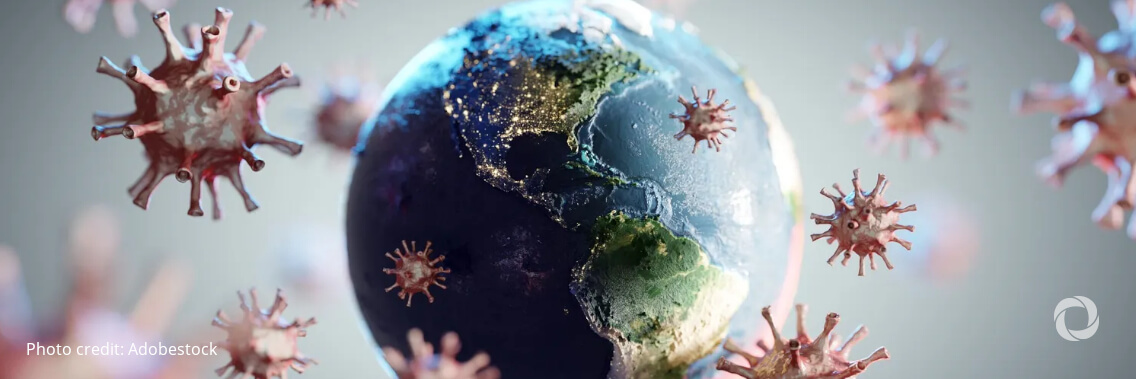Throughout the COVID-19 pandemic, Congress has consistently come together in an inspiring show of bipartisan support to fund the response. The $10 billion agreement announced this afternoon, while helping to fund the immediate domestic needs like treatments and tests, unfortunately, leaves out the resources needed to power our global COVID response—an effort that is critical to preventing the emergence of new deadly variants and moving the world beyond this pandemic
Right now, the lowest-income countries—where vaccinations have reached less than 15 percent of people—need additional support to get the shots USAID is donating into arms. The Biden-Harris Administration launched the Global VAX initiative for this reason: to accelerate COVID-19 vaccination campaigns around the world, including by surging resources and other support to 11 countries. This effort is helping partner countries manage the cold chain and distribution logistics to keep vaccines from spoiling, recruit and train health-care workers to reach rural populations living miles from the nearest health facility, and fight vaccine myths and disinformation that swirl throughout social media and hurt public trust. And it is making a crucial difference—the partnership has helped countries like Côte d’Ivoire, Uganda, and Zambia to increase their vaccination rates.
The funding originally requested in the Administration’s $5 billion supplemental requests would have enabled a significant expansion of the global vaccination drive, expanding the Global VAX initiative to another 20 surge countries and providing support to other global COVID-19 response priorities, like the rollout of boosters and pediatric doses. With more than 30 countries still off track to hit their vaccination coverage targets this year, it remains critical to expanding the initiative beyond the 11 current surge countries. The supplemental request would have also enabled us to ramp up global testing, treatments, and health services for more than 100 million people. This would help developing countries shore up lagging testing and surveillance, and supply new high-impact anti-viral treatments to save more lives.
Barring additional funding, the United States would have to turn its back on the countries that need urgent help to boost their vaccination rates, including nearly two dozen additional nations we had planned to partner with within the coming months. By not helping these countries get shots into arms, USAID would leave their populations unprotected and allow the virus to continue mutating into new, potentially more dangerous variants. Scientific research has established that new variants are more likely to emerge from a long-term infection in immuno-compromised individuals who lack access to vaccination or treatment. That outcome would be disastrous, with the potential to claim more lives globally and here at home, and deliver a blow to the economic recovery that people of all nations seek.
The battle against this global pandemic has been long and exhausting, but USAID can’t afford to abandon the efforts. The reality of pandemics is that unless every part of the world is safe—unless every part of the world achieves broad vaccination coverage and has adequate access to treatments, tests, PPE, masks, and more—then none of us are safe. To tackle COVID-19 and end this pandemic once and for all, Congress must do what it has done before: come together and commit the additional resources USAID desperately needs to continue the fight.

